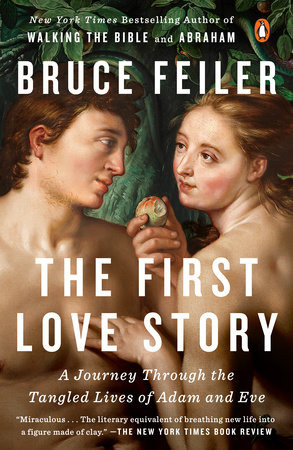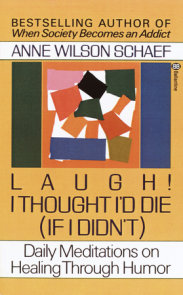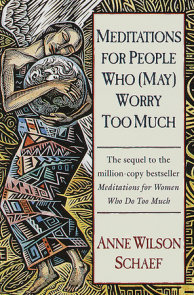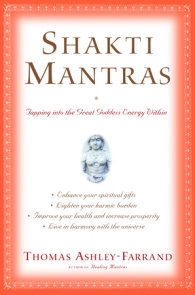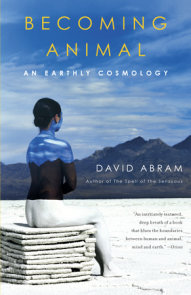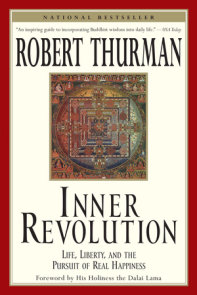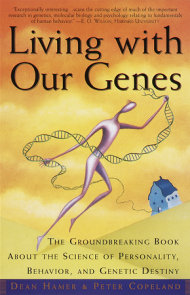READERS GUIDE
Questions and Topics for Discussion
1. Which aspects of Adam and Eve’s relationship would you want to emulate in your current relationships, both romantic and not? Which aspects do you not admire?
2. On page 110, Feiler writes, “look closely at the original story, what you find is a couple whose age, maturity, and locale are left purposefully vague, perhaps to increase their universality, who are struggling to figure out what it means to be live alongside each other.” How does this reworking of Adam and Eve affect the way you examine your own relationships?
3. Chapter 4 ends with Feiler’s illustration of Tevye and Golde from Fiddler on the Roof, as a couple whose twenty-five years of “chore-sharing” and mutual caretaking adds up to the kind of romantic love demonstrated by the first couple. Can that kind of relationship truly be duplicated in today’s non-traditional, egalitarian marriages where each individual has his or her own goals and ambitions?
4. The question of time is often problematic with Adam and Eve. How old were they? How long were they actually in the garden? Do you think having answers to these questions would drastically change your view of the story?
5. What did chapter 7’s examination of Cain and Abel teach you about both parenting and loss?
6. Which chapter spoke the most to you? Which chapter did you grapple with the most?
7. Do you view Eve and her actions as feminist? Why or why not?
8. Review the Conclusion’s six “C’s”—Covenant, Connectedness, Counterbalance, Constancy, Care, Co-narration. Which of these do you value the most in your romantic relationships?
9. How do you think the story and Adam and Eve should be approached when explained to children? Did this book make you rethink that?
10. Bruce Feiler opens his book with a quote from Thomas Merton: “Love is our true destiny. We do not find the meaning of life by ourselves alone—we find it with another.” Has this been true in your life? Who in your life has helped you to find meaning?
11. Do the centuries of interpretations of Eve and her actions impact how women are viewed now?
12. Historian Laurel Thatcher Ulrich famously wrote that “Well-behaved women seldom make history.” By writing this she was not only celebrating the contributions of rebellious women, but lamenting that the contributions of so many other women have been overlooked. Do you think Eve needed to eat the fruit in the Garden of Eden in order to make history? And what are some things that women have done in your life that have been overlooked?
13. In the Conclusion, Bruce Feiler describes the ways in which “lovers create a new story—a shared story—of their life together.” How has a loved one changed the way you tell the story of your life? Do you ever find yourself sharing your own invented language with a significant other?
14. Are there ways in which Adam and Eve’s story might provide guidance for not just our personal relationships but our society at large? What could our leaders learn from their story?
15. Did this book change or affect the way you approach your faith?









